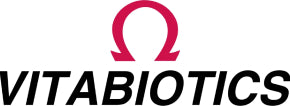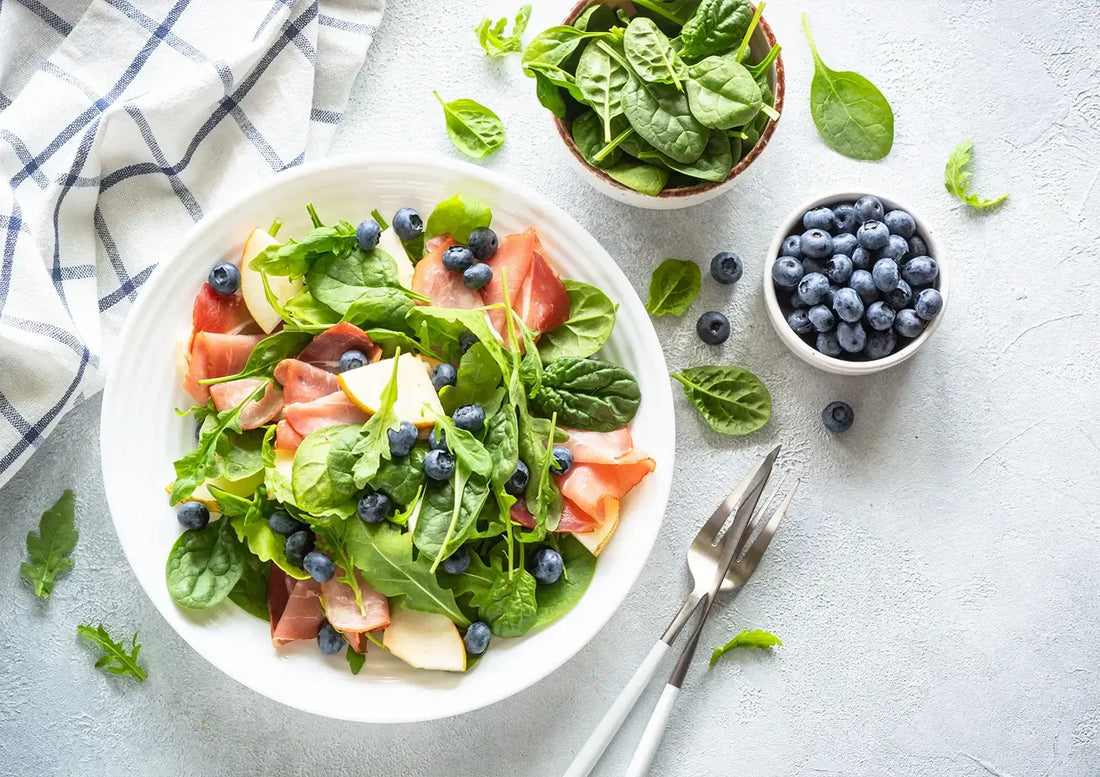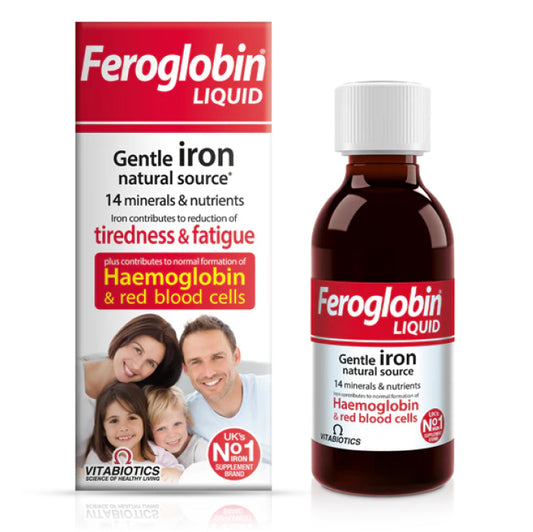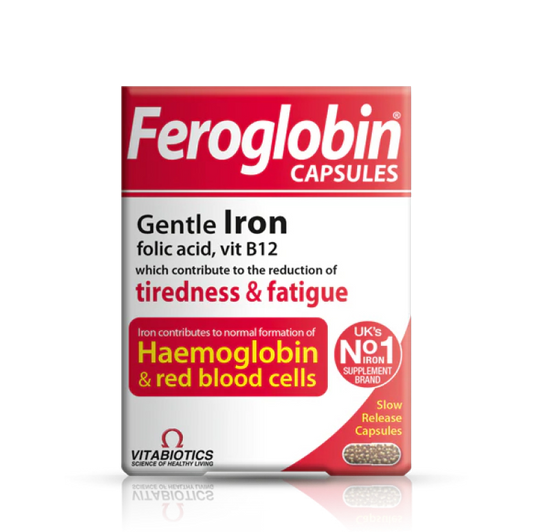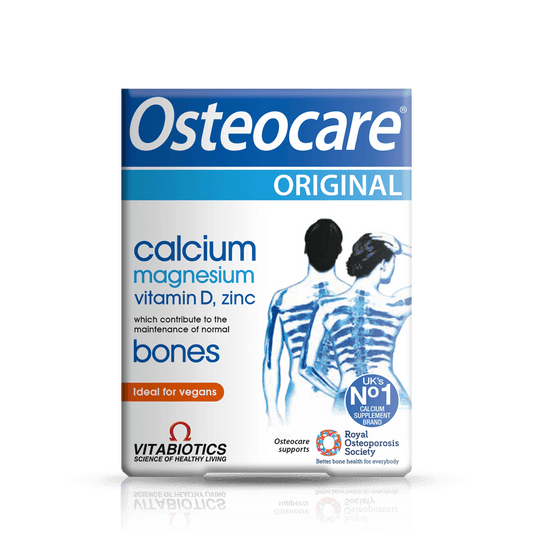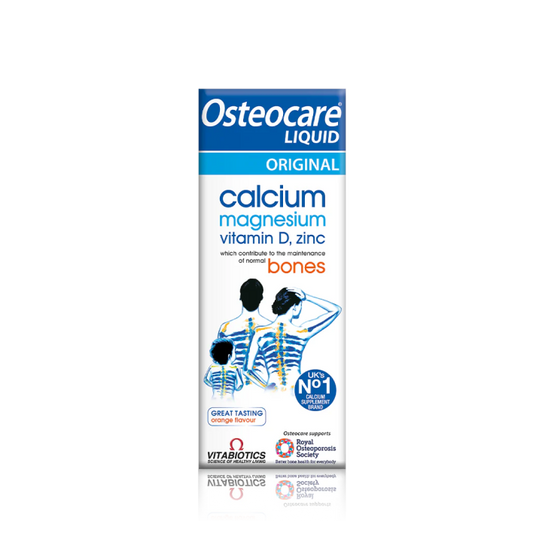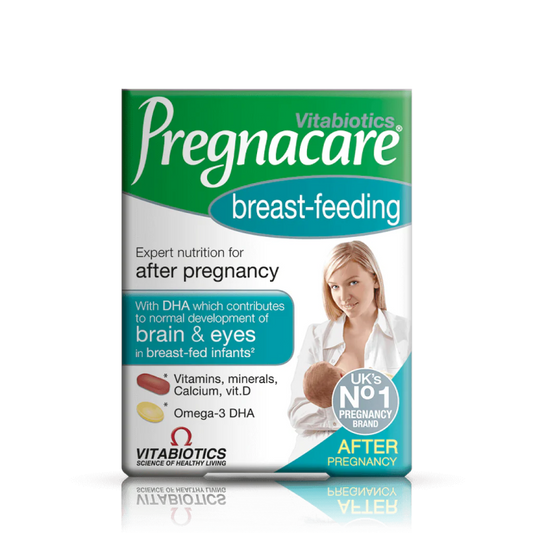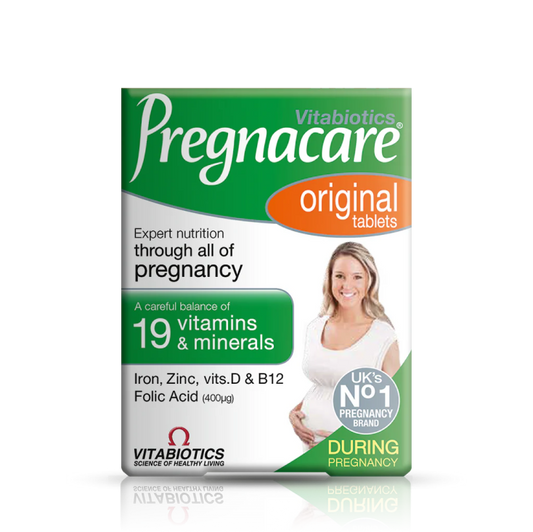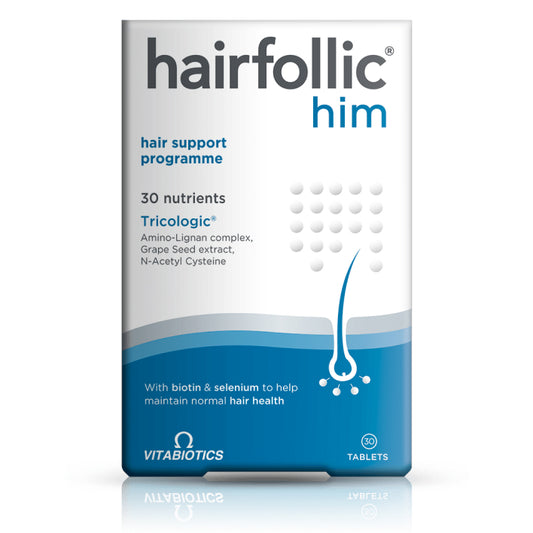Which immunity-boosting vitamins are worth reaching for?
Your immune system needs a range of different vitamins and minerals to function optimally. Well-known examples include vitamins C and D. There are also other vitamins that are beneficial to the immune system, including vitamin A, vitamin B6 (pyridoxine), B9 (folic acid), and B12 (cobalamin). The body's immune function is also supported by a range of minerals, including iron, copper, selenium, and zinc.
1. Vitamin D
Vitamin D contributes to the normal functioning of the immune system and is involved in the process of cell division. Vitamin D3 (cholecalciferol) is the preferred form of vitamin D, which we produce when our skin is directly exposed to UVB radiation from sunlight.
Vitamin D is found in small amounts in some animal foods, such as egg yolks and oily fish. You can also supplement your diet with vitamin D supplements.
2. Vitamin C
Vitamin C contributes to the proper functioning of the immune and nervous systems and helps protect cells against free radicals.
Vitamin C is found in many fruits and vegetables: kiwi, peppers, citrus fruits (e.g. oranges and grapefruits), broccoli, potatoes and strawberries.
3. Vitamin A
Vitamin A contributes to the proper functioning of the immune system and is essential for maintaining the integrity of mucous membranes, which constitute a natural protective barrier against pathogens.
The best sources of vitamin A include liver (but should be avoided during pregnancy), orange and yellow vegetables such as carrots, sweet potatoes and pumpkins, tomatoes, and green leafy vegetables such as chard, spinach and broccoli.
4. B vitamins
B vitamins are a group of eight water-soluble vitamins, three of which support the immune system: B6 (pyridoxine), folic acid (vitamin B9) and B12 (cobalamin). Vitamins B6 and B12 also support the proper functioning of the nervous system and mental well-being. Vitamin B12 and folic acid also contribute to reducing tiredness and fatigue.
Vitamin B6 is found in a variety of foods, including salmon, chicken breast, potatoes, avocados, and bananas. Folate can be obtained from legumes such as lentils, green leafy vegetables including spinach and chard, and some fruits. Vitamin B12 is found primarily in animal products such as meat, fish, milk, and eggs. It is also added to many fortified foods, such as plant milks, some soy products, and some breakfast cereals.
Elements for immunity
It's not just vitamins that are important for your body's immunity level. Elements are also key, especially copper, iron, selenium and zinc.
5. Copper
Copper is a trace element essential for the formation and maturation of immune cells, as well as for influencing the production of cytokines. They are responsible for transferring information between immune cells, regulating inflammatory responses.
The best sources of copper are liver (but should be avoided during pregnancy), oysters, shiitake mushrooms, nuts (almonds or cashews), and green leafy vegetables like spinach and chard.
6. Iron
Iron is an essential trace element that plays a key role in the transport of oxygen by the hemoglobin in red blood cells. Iron is also important for the proper functioning of the immune system and many other metabolic processes. The absorption of iron from food is increased when consumed together with vitamin C.
Sources of iron include liver (should be avoided during pregnancy), red meat, beans, nuts, fortified breakfast cereals and soy flour.
7. Selenium
Selenium contributes to the proper functioning of the immune system and helps protect cells from oxidative stress.
Brazil nuts are the richest source of this element, with 28 g (six to eight nuts) providing an impressive 544 µg of selenium. Selenium is also found in various seafood, especially shellfish.
8. Zinc
Zinc is essential for many biological functions, participating in the activity of over 200 enzymes in the human body. It supports the proper functioning of the immune system, protects cells from oxidative stress, and also affects the quality of vision and fertility.
Red meat is an excellent source of zinc, as are oysters and mussels. Dairy products, such as milk and cheese, are high in zinc, as are eggs. Vegan sources of zinc include chickpeas, lentils, and beans, as well as seeds and nuts.
As you can see, your immune system has many allies. Another ally may be your diet. That is why it is worth considering changing it to enjoy greater immunity on a daily basis.
